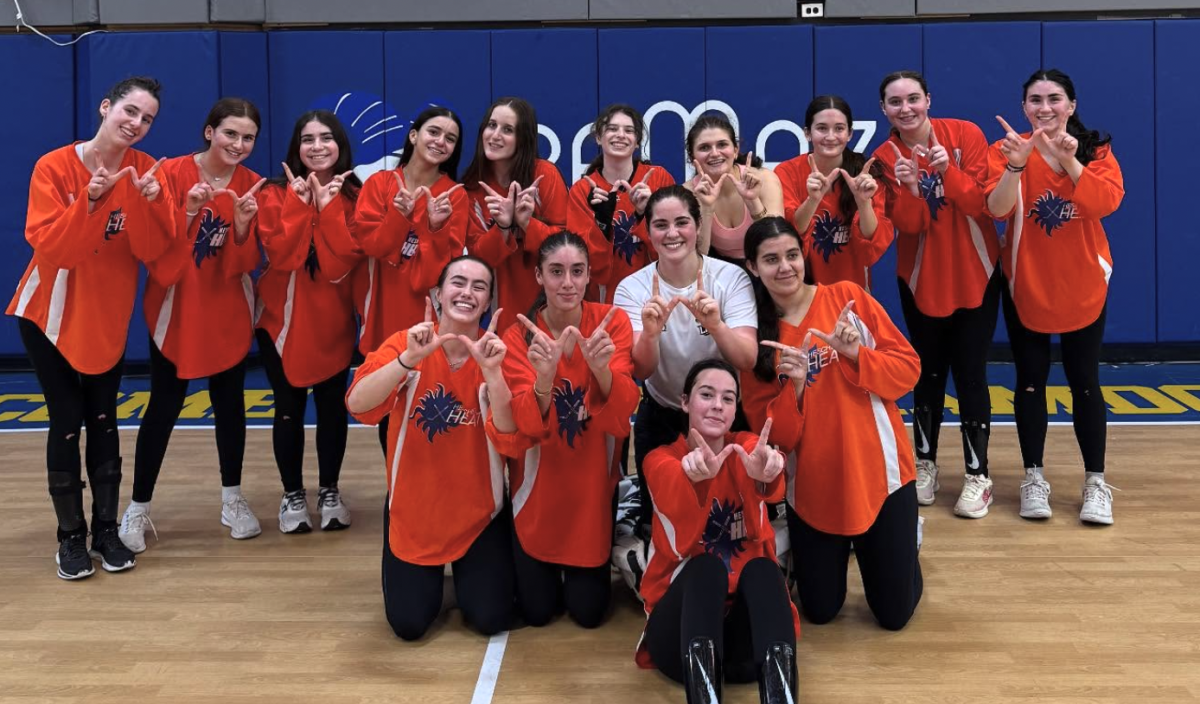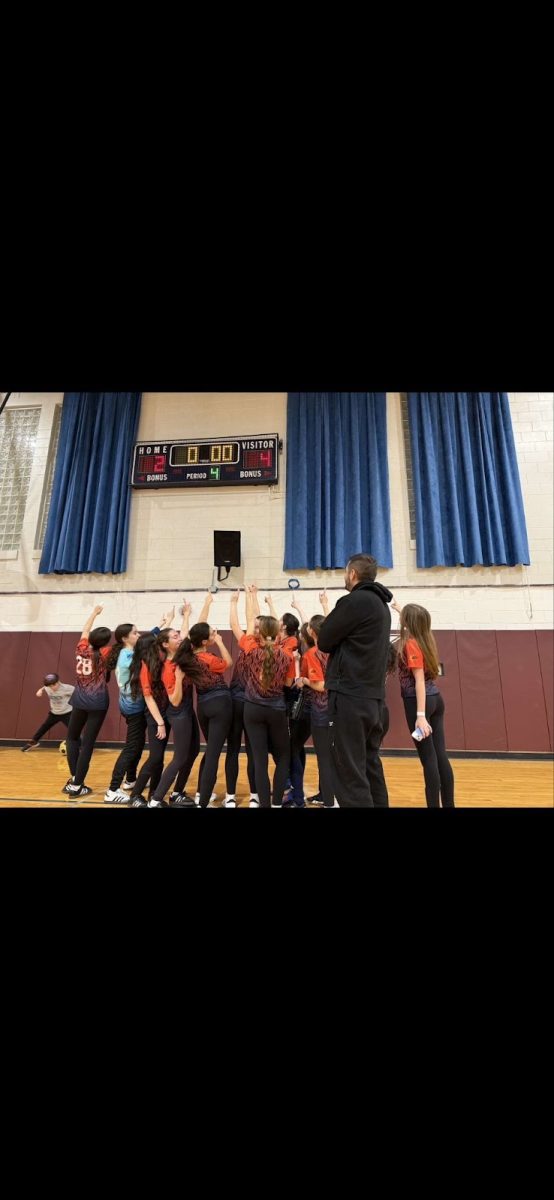We must stand strongly and proudly against antisemitism, and we must never silence ourselves for fear of angering others. Amidst the recent “Gaza Solidarity Encampment” at Columbia University, a Jewish Israeli-American professor, Shai Davidai, had his faculty ID card deactivated by the university administration. An outspoken critic of Columbia’s response to ongoing antisemitism on campus, Davidai is often regarded as overly provocative by individuals on both sides of the conflict.
Davidai wrote on X that administrators told him they deactivated his card because “they cannot protect my safety as a Jewish professor.” This is not the only instance of Jewish activists being negatively impacted by the other side’s frequent use of violence during protests. A video taken at a protest outside of Columbia depicts a police officer blocking a Jewish protester from simply walking in the direction of the pro-Palestinian crowd while saying, “We just want to keep the peace.” In the same video, a member of the pro-Palestinian protest closely approaches another Jewish protester and loudly says, “We are all Hamas.” Ironic, isn’t it? We must not allow this antisemitic double standard to continue on campuses.
Over the last few weeks, peaceful Jewish students have been barred from entering certain areas during campus protests. A Jewish UCLA student, Eli Tsives, shared footage of protesters physically blocking him from going to class. Meanwhile, pro-Palestinian protesters shout explicitly violent statements, yet many are not policed.
The question of free speech has come up constantly since campus protests began after Oct. 7, with pro-Palestinian activists claiming that their right to free speech is violated when phrases like “globalize the intifada” and “from the river to the sea” are labeled as antisemitic. I would argue, however, that it is in fact Jewish people having their movement and speech restricted to appease angry and violent mobs on college campuses.
Throughout our history, Jews have been forced to remain silent in order to survive during times of extreme antisemitism, and now is no different. This attitude cannot continue. Shai Davidai’s provocative criticism of campus antisemitism is something that our people should learn from.


